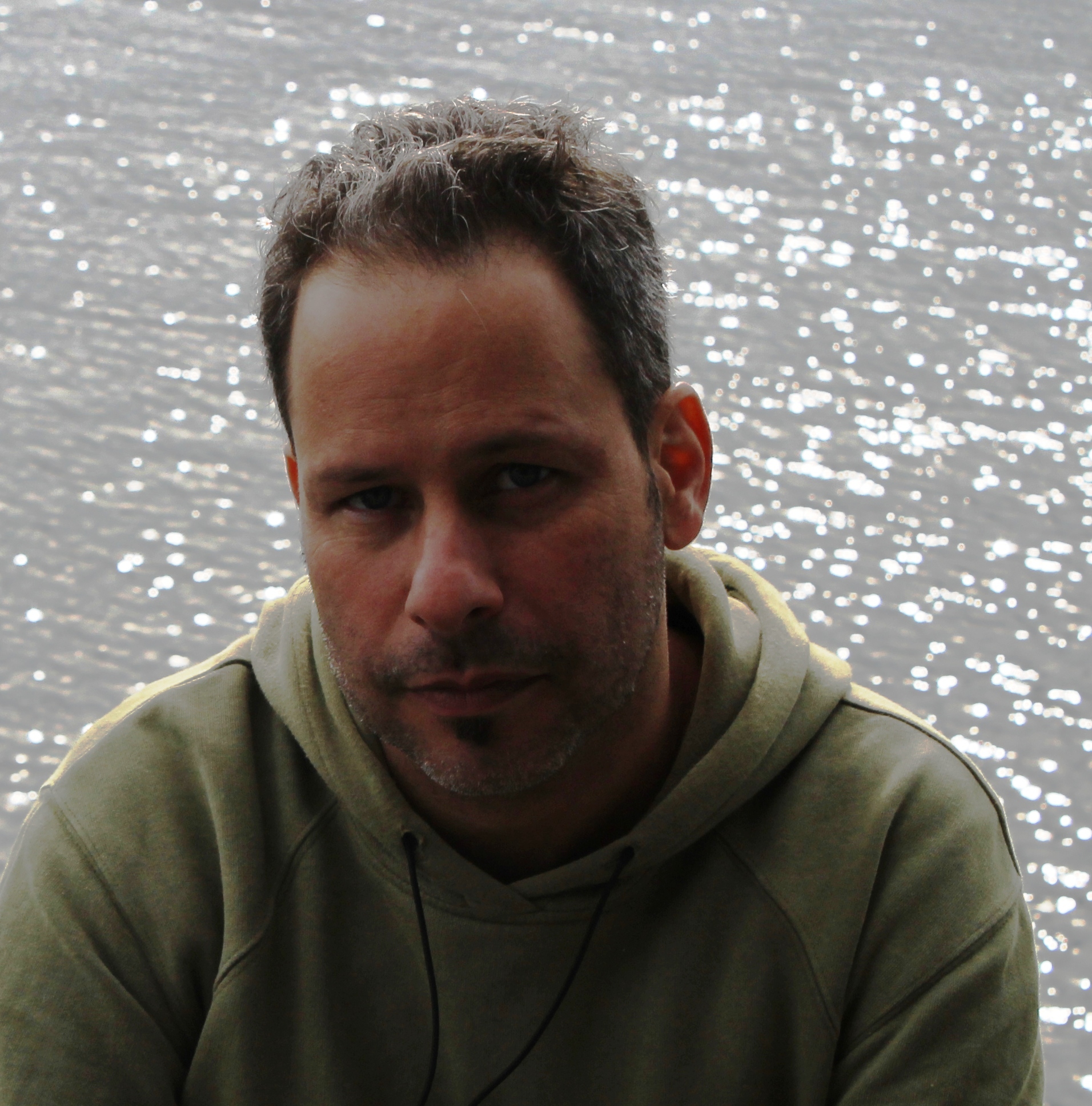
Country: Greece
Evangelos Tzanatos is an assistant professor in the Department of Biology, University of Patras. His PhD examined the structure, dynamics and management of small-scale fisheries in Greece. His field is marine ecology and fisheries science with a focus on fisheries typology and management, anthropogenic effects on fisheries resources as well as the implementation of the Ecosystem Approach to Fisheries.
Q: What are you currently working on within the context of small-scale fisheries?
Within the context of the Ecosystem Approach to Fisheries I am using biological traits in order to assess the effects of small-scale fisheries at a functional scale, i.e. to work beyond the population/fish stock level to determine impacts on ecosystem functioning. Furthermore, despite the fact that small-scale fisheries are generally considered as low-impact for fish stocks and the ecosystem, I am trying to evaluate cases where small-scale fisheries may impact fishing grounds that constitute important habitats for fisheries resources and for marine biodiversity in general.
Q: If you could single out one or two most significant factors for securing sustainability of small-scale fisheries, what would these factors be?
This is a difficult question as it is not straightforward to select among the various alternatives which anyway act synergistically… I think one of the most significant factors to promote sustainability of small-scale fisheries is the honest and effective collaboration between scientists, fishers and managers where voluntary participation, cooperation and clarity of roles must be guaranteed. This should aim to support fishers, prevent mistrust and ensure the flow of information and the effective application of management schemes.
Furthermore, a clarification of the organizational/legal context of small-scale fisheries accompanied by some sort of educational process required for becoming a professional fisher is essential in my opinion: this can help towards attracting young people to the profession, thus securing its future. It would also contribute to the training of a new generation of fishers, facilitating their adaptation to a wide range of challenges including sustainable fishing, better marketing and supply to consumers, networking, creating and sustaining cooperatives, participatory management and conservation.















